How Cloud and Big Data have transformed the Transportation Industry?
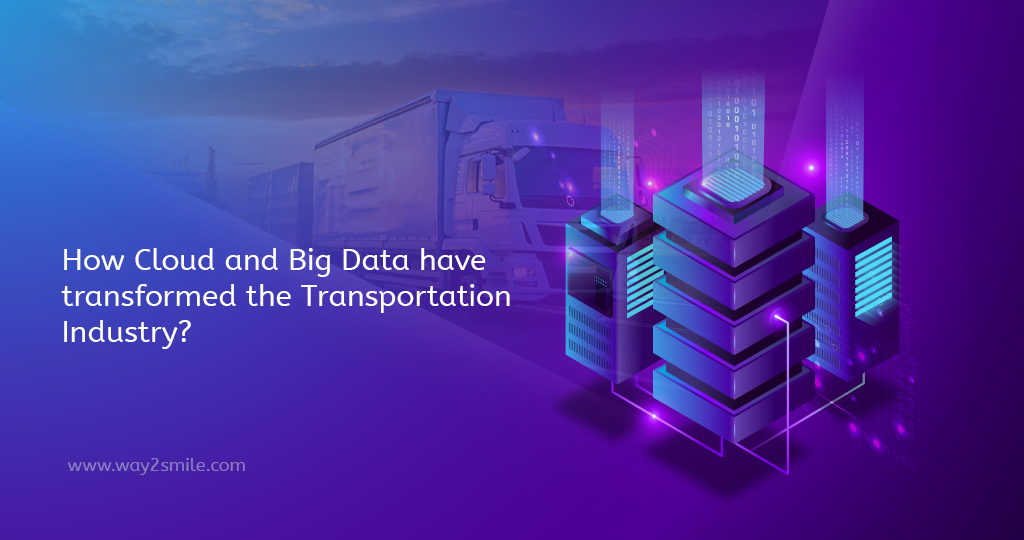
Massive amounts of data is getting constantly generated through data pricing, social media feeds, customer feedback, transaction records, and the likes. Making sense of such exceptional amounts of data is not easy. And, this is where Data Analytics Solutions and cloud computing comes into the picture.
Big data and cloud computing has already revolutionized most of the major industrial sectors. It has enhanced the functioning and usability of organizations from any business vertical. And, now, cloud and big data are all set to change the face of the transportation industry.
So, what is going to be the Impact of Cloud Computing in Transportation Industry? What will be the role of big data in transportation? Read on two find out how these two factors impact the different facets of the transportation industry.
The link between cloud computing and big data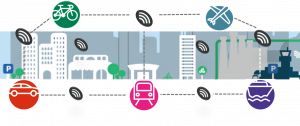
Cloud service providers usually rely on the SaaS (software as a service) model to let customers easily access and process data. Though a console to take specialized parameters and commands is present, but the same things can also be done from the user interface of the site. Here are some of the products that are generally included in this package:
- Machine learning capacities
- ID management systems
- Database management systems
- Cloud-based containers and virtual machines
On the other hand, big data is usually generated in a non-standard or standard format by the network-based systems. The non-standard format highlights the role of AI technology in transportation. When it’s the non-standard format of data, the cloud service provider enables AI technology in transportation, which can be used along with machine learning for standardizing the data.
Data can be accessed through cloud computing platform and used in a number of ways. For instance, you can search or edit it for deriving future insights. The Impact of Cloud Computing in Transportation Industry becomes further clarified here.The cloud infrastructure helps in real-time analysis of big data in transportation. It has the ability to take huge amounts of data from the intensive systems to interpret it all in real-time. Besides all that, another crucial link between cloud computing and big data is that the power of the former allows the analysis of the latter to be completed in the fastest time.
So, the possibilities are infinite when we combine cloud computing and big data in transportation. With cloud, there will be no AI technology in transportation. And, we will have massive data sets with immense potential, but fail to analyze them. Using computers to analyze such unforeseen amounts of data would simply be impractical because of how much time it will take.
Read Also – Big Data Analytics Trends and Industry Predictions to Watch For in 2021
The impact of cloud computing on transportation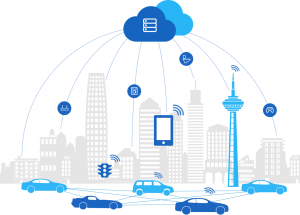
Now that we have already touched upon the link between cloud computing and big data, let’s take a look at the Impact of Cloud Computing in Transportation Industry.
Cloud computing has successfully transformed the transportation business in three major ways.
Enhancing the flow of information in the industry
Traditionally, transportation industry has been relying on an IT setting that let the businesses share information about a vehicle’s passenger counts and diagnostic through the local network.
The use of cloud computing has improved the flow of information in this industry by letting the stakeholders store more data about the fleet. The largest Impact of Cloud Computing in Transportation Industry has been in this area.
Ensuring major savings on both time and money
Most of the vendors offer SaaS models of online hosting to transportation businesses. SaaS lets the customers access the software in exchange for a stipulated monthly fee.
As these tools can be beneficial to the business, the actual value of the tools in this industry is the integration of cloud with fleet management equipment. A lot of money and time is saved by avoiding SaaS to directly pass the data from the fleet management equipment to the cloud.
Effective resource deployment as per business needs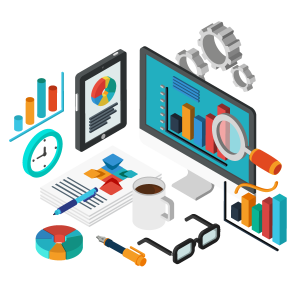
Fleet management tech such as towing software lets the users gain real-time access to critical details about the fleet. It sends automated notifications in case of business rule violation, and thus, can keep a check on the maintenance requirement of the fleet. The transport companies rely on GPS for the collection real-time information for data analytics solutions. It lets logistic managers to effectively deploy resources while answering their business needs.
Read Also – AI Trends in the Travel Industry for 2020 and Beyond
The impact of big data on transportation industry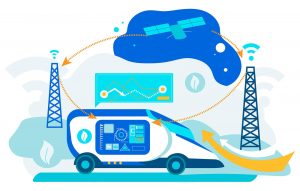
After dwelling upon the role of cloud computing and AI technology in transportation industry, we will move on to the impact of big data on transportation industry.
Asset management
The application of big data analytics solutions is found in rail networks, and it offer valuable prospects for identifying the issues with the industry. Complicated engineering data from different sources are analyzed to Big Data Analytics Company offer engineers the data that they require for making better decisions and reduce project costs.
Moreover, it ensures efficient asset management and offers a more reliable and sustainable network. Information sources, such as GPS units, acoustic and visual sensors, field tablets, and maintenance logs offer rich analytics to influence both human and automated decision making.In the aviation industry, big data helps manufacturers collect data from jet engines through satellite fields to avert potential threats and ensure preventive maintenance.
Traffic management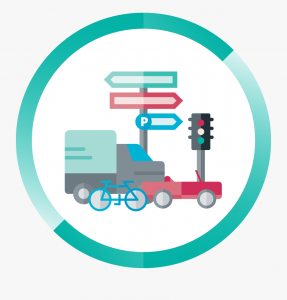
The use of big data and AI technology in transportation can improve traffic management by enhancing prediction and management of traffic congestions. Big data can also translate car speeds, community events, weather conditions, sources of deceleration, acceleration through smart algorithms, historical trends, and real-time data.
Fleet vehicles and sensors based on transport networks let firms to gather data streams from the local authorities. Moreover, big data offers intelligent information to the authorities for better traffic management.
Supply chain and logistics management
Supply chain and logistics management are also the areas that need big data in transportation. It offer real-time route optimization opportunities by speeding deliveries based on recipient status and traffic conditions. Earlier, supply chain entities and shipped had to depend on historical data for predicting customer requirement.
But, advancements in Data Analytics Solutions offer useful insights into the needs and expectations of the customers. Thus, forecasts can be changed as per needs, which will lead to better resource allocation and supply chain optimization with in Digital Transformation Company.
Road infrastructure management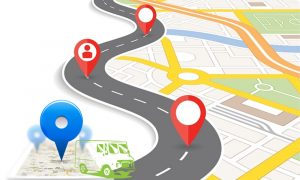
Road infrastructure is one of the major concern of authorities across the world. Road development and repair is one of the most frustratingly delayed processes. Many cities have resorted to big data analytics solutions for addressing road infrastructure by focusing on big data app development.
Take the example of the Street Bump app used by Boston. It helps residents in identifying potholes and jolts on the roads by using data signals from the accelerometer of the phone. Detection of the bumps on the road become easier than ever by resorting to this method.
Read Also – Importance Of Building Data Analytics For Enterprises In Today’s World
The bottom line
Cloud-based and big data solutions are crucial in letting the organizations derive more value from the operations. Impact of Cloud Computing in Transportation Industry, when combined with big data, involves the provisions of inventory management and real-time pricing. It lets the transport industry to enjoy greater real-time control over their critical processes in order to ensure efficiency and cost-effectiveness.
But, most importantly, big data and cloud computing let the businesses edge past the competitors who are yet to leverage these elements of modern tech.



